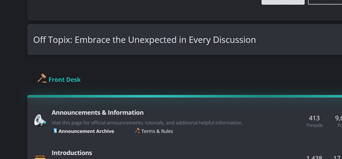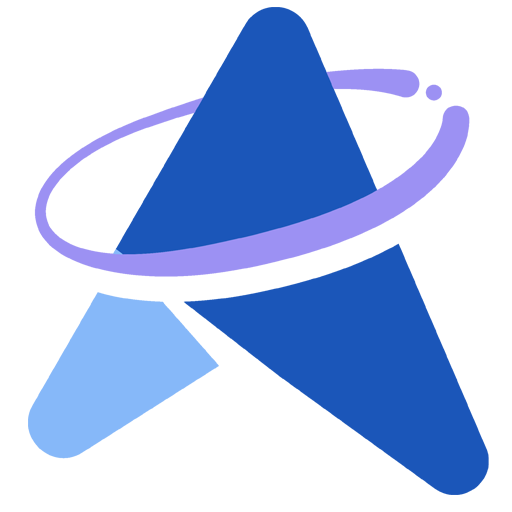Great points! Security is indeed a top priority, and I unfortunately learned this the hard way earlier this year when my WordPress sites were targeted by hackers. It was a nightmare, but also a huge lesson.
Here's what happened:
In February, I woke up one morning to find that
all my websites were completely inaccessible. I couldn’t even log in to the admin panels. Shortly after, I received a threatening email from a hacker demanding payment to 'fix' the situation they had caused. It was clear they had gained unauthorized access, injected
malicious code and backdoors, and made my sites unusable.
The hacker had exploited outdated plugins and vulnerabilities in my theme to gain control. They installed
malware that created hidden admin accounts and manipulated critical files, making it almost impossible to regain access without thorough cleanup. The most frustrating part was that even after I tried restoring from backups, the malware persisted.
Here's how I managed to take back control:
 Scanning for Malware:
Scanning for Malware: I installed Wordfence on the few parts of the site I could still access and ran a deep scan. The plugin helped identify numerous infected files and suspicious code injections.
 Manual Cleaning:
Manual Cleaning: I manually went through the wp-content directory and the wp-config.php file, comparing them to clean backups. The hackers had injected code in seemingly legitimate files, which I carefully cleaned.
 Deleting Backdoors:
Deleting Backdoors: I discovered that the attackers had created hidden user accounts with admin privileges. After identifying them, I deleted those accounts and changed all passwords to strong, randomly generated ones.
 Reinforcing Security:
Reinforcing Security: I enhanced file permissions (especially wp-config.php) and installed additional security plugins for real-time protection.
 Setting Up Automated Backups:
Setting Up Automated Backups: I arranged for regular automated backups with my hosting provider to ensure I could quickly restore my sites if needed.
The biggest lesson I learned?
Never ignore security updates and always have strong, multi-layered protection in place. It's not just about keeping things running; it's about preventing complete disaster.
If you’re not actively securing your site, you’re basically leaving the door wide open for attackers. Trust me, going through a nightmare like this is not something you want to experience.


